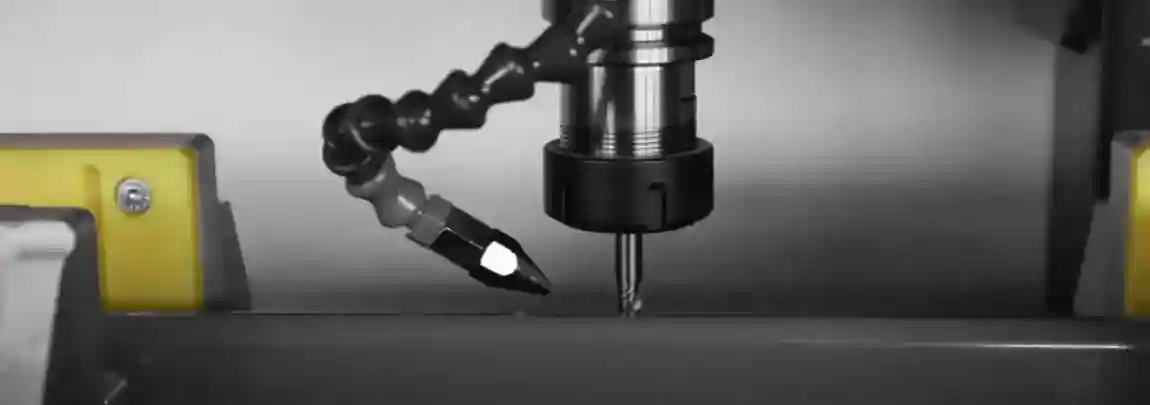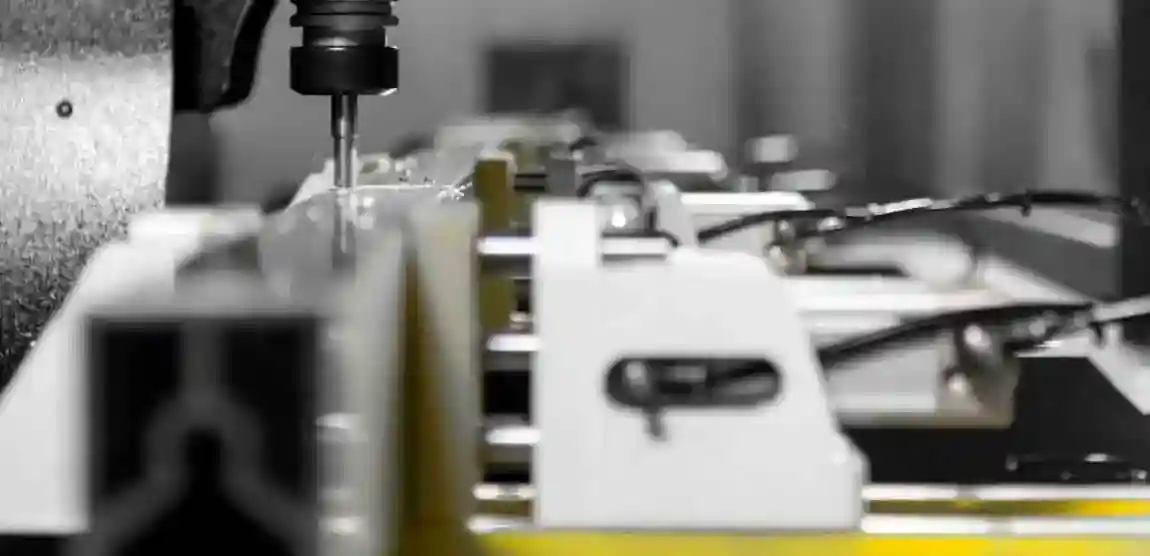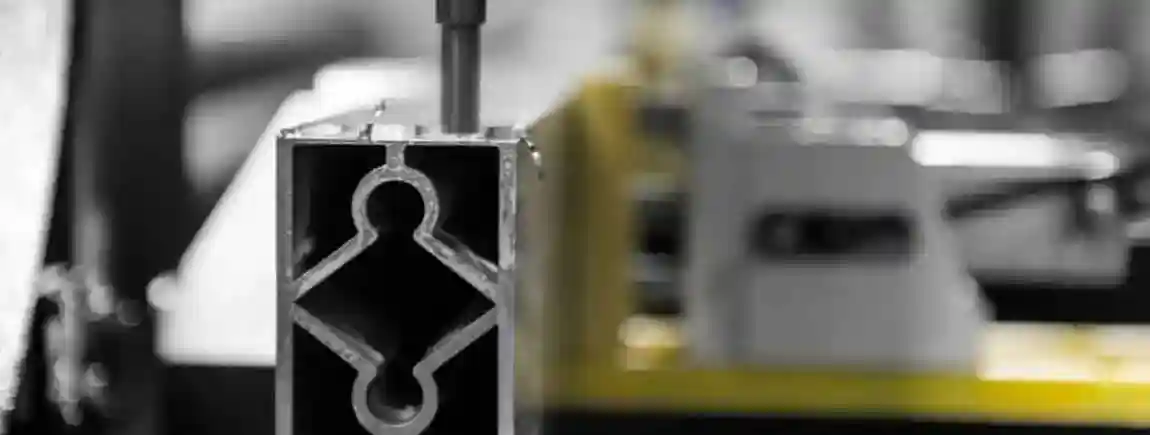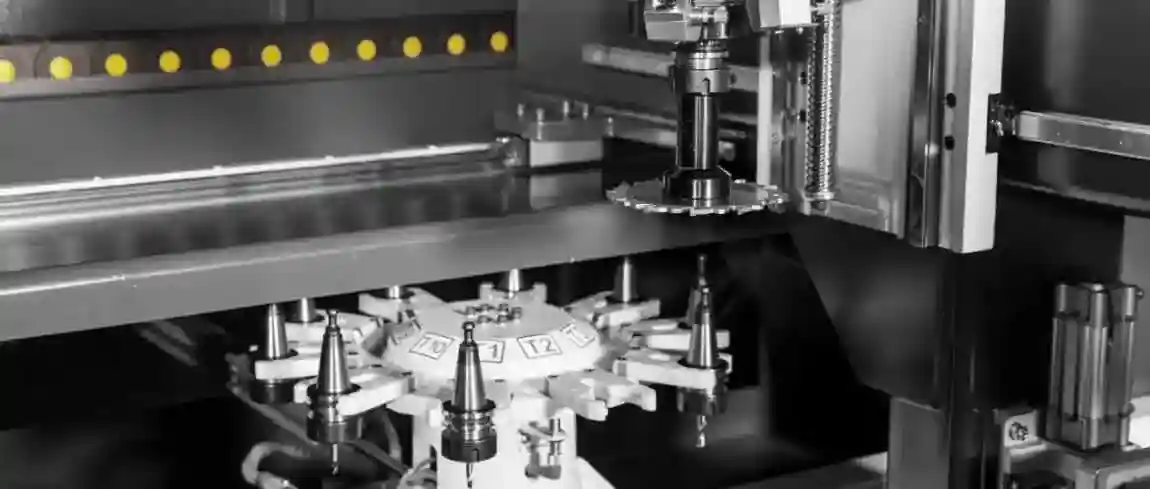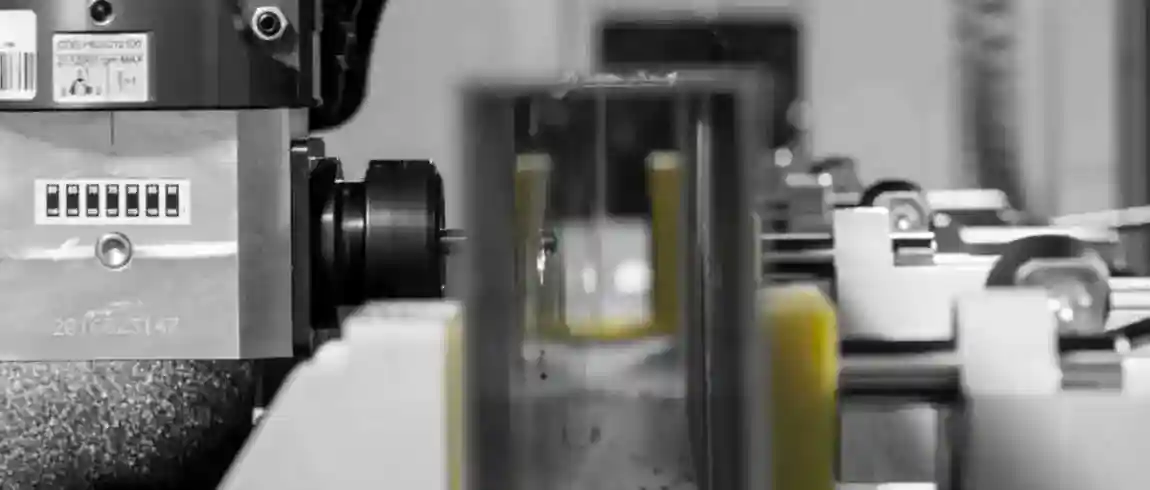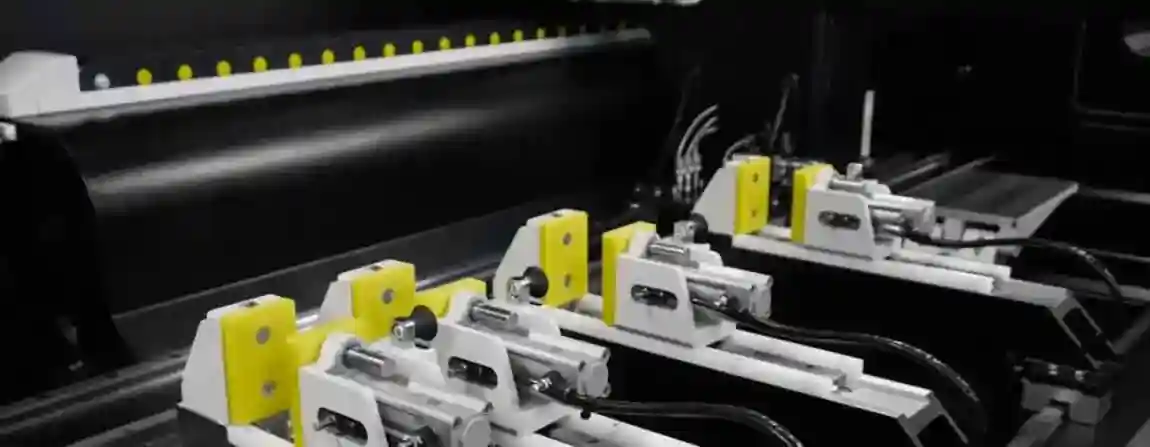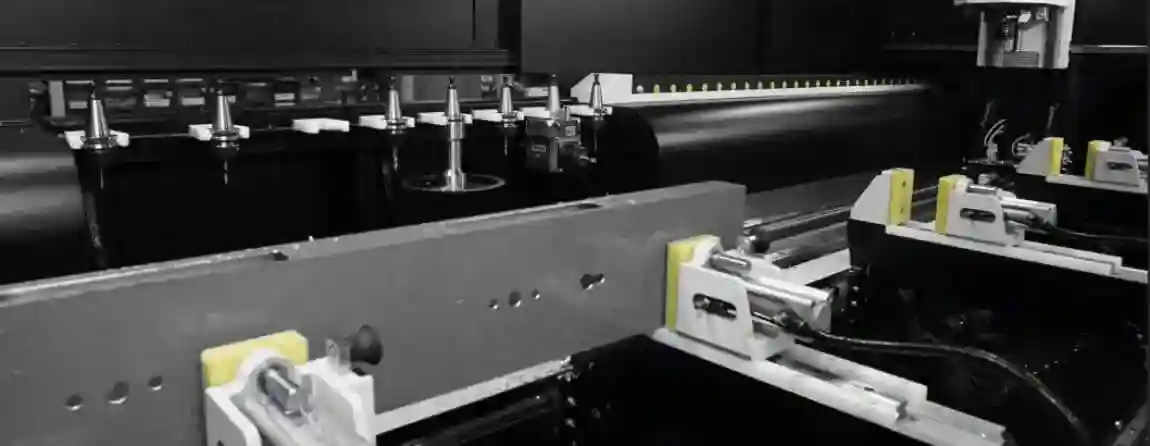-

Company
Product
ALUMINIUM MACHINES
PORTABLE MITER SAWS FOR ALUMINUM
PORTABLE COPY ROUTER MACHINES FOR ALUMINIUM
PORTABLE END MILLING MACHINES FOR ALUMINIUM
AUTOMATIC MITER SAWS FOR ALUMINIUM
COPY ROUTER MACHINES FOR ALUMINIUM
END MILLING MACHINES FOR ALUMINIUM
ALUMINUM CORNER CRIMPING MACHINE
DOUBLE MITRE SAWS FOR ALUMINIUM
AUTOMATIC SAWS FOR ALUMINIUM
BAR PROCESSING CENTERS
MACHINING CENTERS FOR ALUMINIUM COMPOSITE PANELS
NOTCHING SAWS
WEDGE CUTTING SAWS AND NOTCH CUTTING SAWS
MITER SAWS FOR ALUMINIUM
PVC PLASTIC MACHINES
PORTABLE MITER SAWS FOR PLASTIC
PORTABLE COPY ROUTER MACHINES FOR PLASTIC
PORTABLE END MILLING MACHINES FOR PLASTIC
MITER SAWS FOR PLASTIC
COPY ROUTERS FOR PLASTIC
END MILLING MACHINES FOR PLASTIC
WELDING MACHINES FOR PLASTIC
CORNER CLEANING MACHINES FOR PLASTIC PROFILES
DOUBLE MITRE SAWS FOR PLASTIC
BAR PROCESSING CENTERS
GLAZING BEAD SAWS
AUTOMATIC MITRE SAWS FOR PLASTIC
METAL MACHINES
MANUAL METAL SHEET BENDING MACHINE
MANUAL BENDING MACHINES
HYDRAULIC BENDING MACHINES
NON MANDREL BENDERS
PLATE BENDING MACHINES
BORDERING AND TRIMMING MACHINES
HORIZONTAL PRESSES
BELT GRINDING MACHINES
PIPE NOTCHING MACHINES
PIPE POLISHING MACHINES
LASER CUTTING MACHINES
PRESS BRAKES
VERTICAL TURNING CENTERS
MACHINING CENTERS
WOOD MACHINES
GLASS MACHINES
ROBOTICS SPECIAL MACHINERY
Service
Blog
Contact
product
- Home
- product
- ROBOTICS SPECIAL MACHINERY
- FOUNDRY PATTERN MAKING
- INDUSTRIAL ROBOTIC AUTOMATION
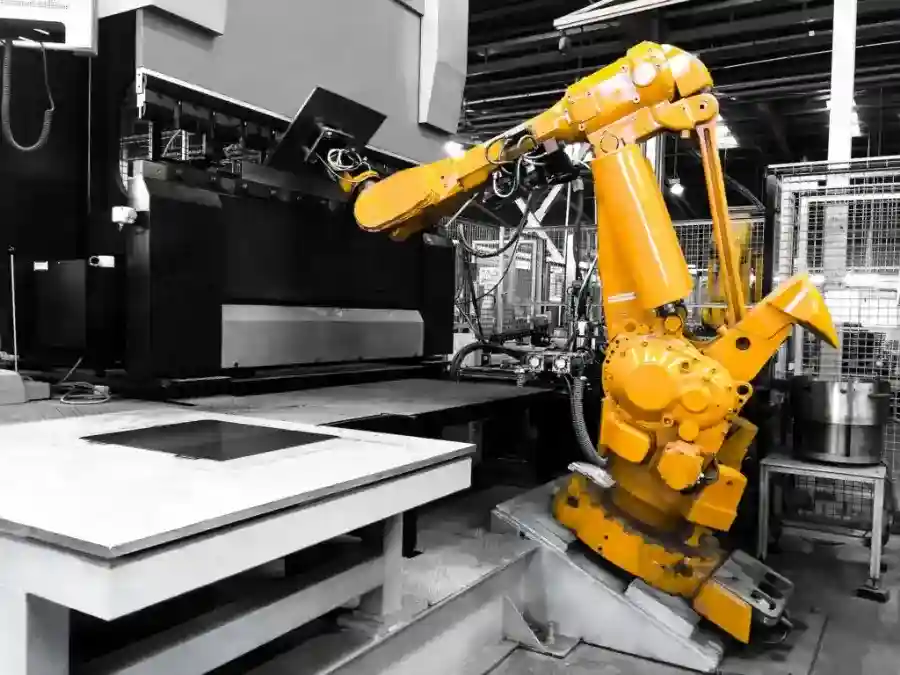
Industrial Robotic Automation: The Future of Efficiency in Industry
In the dynamic world of industrial production, innovation and efficiency are crucial for success. Automation with industrial robots has initiated a revolution, helping companies increase productivity, reduce costs, and enhance product quality. This technology has not only impacted major industrial giants but has also been embraced by medium-sized enterprises seeking competitiveness and market share retention.
What is Industrial Robotic Automation?
Industrial robotic automation refers to the use of robots and automated systems in manufacturing and other industrial processes. These robots are specifically designed to handle repetitive tasks requiring high precision, thereby relieving human workers. Through advanced sensor technologies, artificial intelligence, and machine learning, industrial robots can autonomously execute complex operations and adapt to changing production conditions.
Benefits of Industrial Robotic Automation
Increased Productivity: Industrial robots operate tirelessly around the clock, accelerating production processes and leading to overall productivity gains.
Cost Savings: While initial investments in automated systems can be substantial, costs are amortized long-term through reduced labor requirements, lower scrap rates, and optimized energy consumption.
Improved Product Quality: Robots operate with high precision and consistency, enhancing the quality of manufactured products and significantly reducing error rates.
Flexibility and Adaptability: Modern robotic systems can quickly adapt to new product requirements and perform different tasks within the same system, thereby increasing manufacturing line flexibility.
Workplace Safety: Automation allows robots to undertake hazardous tasks that may pose potential risks to human workers, thereby mitigating workplace accidents.
Applications of Industrial Robotic Automation
Industrial robotic automation finds application across various industries and sectors:
Automotive Industry: Robots are employed in vehicle assembly, welding of body parts, and painting.
Electronics Industry: Robots handle component assembly, PCB soldering, and inspection of electronic devices.
Food Industry: Automated systems support food packaging, sorting, and handling while adhering to strict hygiene standards.
Logistics and Warehousing: Robots are used for palletizing, picking, and transporting goods within warehouses to enhance inventory management efficiency and accuracy.
The Future of Industrial Robotic Automation
With the increasing integration of artificial intelligence, Internet of Things (IoT), and advanced robotics, the future of industrial robotic automation promises even greater optimization of production processes and enhanced flexibility. Robots will become smarter and more autonomous, further revolutionizing manufacturing capabilities.
Conclusion
Industrial robotic automation is not just a trend but a necessity for companies aiming to secure competitiveness in the global economy. By implementing robotic technologies, businesses can boost efficiency, relieve labor burdens, and expand production capacities. If you're interested in learning more about the possibilities of industrial robotic automation and how your company can benefit, we're here to help. Contact us today and let's shape the future of manufacturing together!
 GERMANY
GERMANY ENGLISH
ENGLISH FRANCE
FRANCE SPAIN
SPAIN PORTUGAL
PORTUGAL

